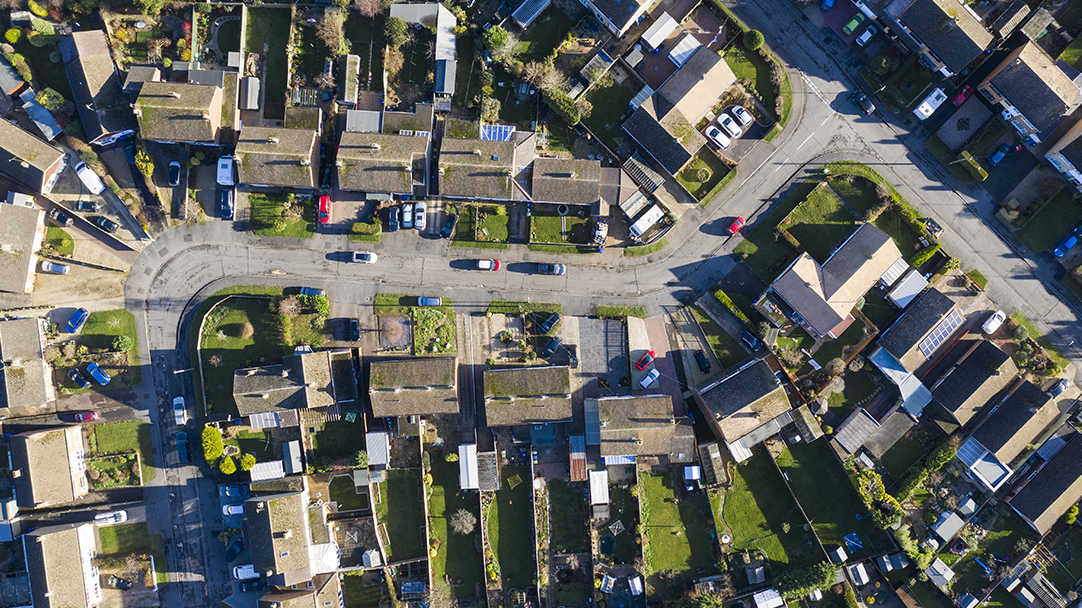Investing in property: the pro’s and con’s of long term or short term investing
The value of UK property has consistently stayed ahead of inflation by a large amount for the past thousand years. Even in the last fifty years, growth is still over the level of 10% on average per year. This makes the decision to hold onto a property for as long as possible seem like a no brainer. However, it can still be challenging to know the amount of profit that you can expect year on year.
Timing is a crucial factor in the amount of success for shorter-term investments, so the longer you can hold onto a property, the less timing plays a part. This isn’t to say there won’t be individuals telling you to do otherwise, due to the potential of a dramatic property market crash, but most are wrong with their predictions. As we have seen in the past, property prices tend to follow cycles. What we mean by this is even if a market crash comes, if we are investing for the long term and hold on to investment properties, we should not be negatively effected. By buying properties at below market value and adding value through renovation, we can protect our investments from most market fluctuations.
The population of the UK is on the rise and while our government is incentivizing the development of new housing, it cannot keep up with the demand for homes. This allows both short term and long term property strategies to work well for investors. Short term strategies like buy to sell can be useful to make quick profits, while keeping properties for years on buy to let mortgages can also have potential to earn some big gains in property.
When considering holding a property long term, not only can we see the benefit of capital growth over time but we can benefit from cash flow in the short term. If a property investment is sourced well, ie below market value, we should aim to achieve an income of at least five percent net after expenses, which we can put into our pockets for short term cashflow or save and use for a deposit for our next property purchase.
While many of us can see the benefits of buying, renovating, and selling properties quickly, we need to remember this comes with relatively high expenditure. We need to account for thousands of pounds worth of legal fees, estate agent fees, council tax and possible mortgage payments for each property we buy and sell, before we consider renovation costs. Another cost that often gets overlooked is stamp duty. In addition to this, the UK government will take as much as a third of your profit through capital gains tax or corporation tax.
Knowing what you plan to do with any potential profit from a property investment should be essential in your decision whether to hold or sell quickly. If investing in more property is the answer, then holding onto the current property makes the most sense due to the potential of capital losses by buying to sell. On the other hand, if money is being released because of a desirable investment opportunity that will gain higher profits than that of other property investments in the long-term, then a quick sell may be preferable. In most cases, however, the amount of profit is key when making this decision. Having strict investment criteria is useful from the outset, and can be crucial in deciding to hold a property long term.
We hope you’ve gained some insight into the benefits of investing in property in the long term. If you would like to discuss investing in property through Nichol Smith Investments, please click the link below to book a call.



